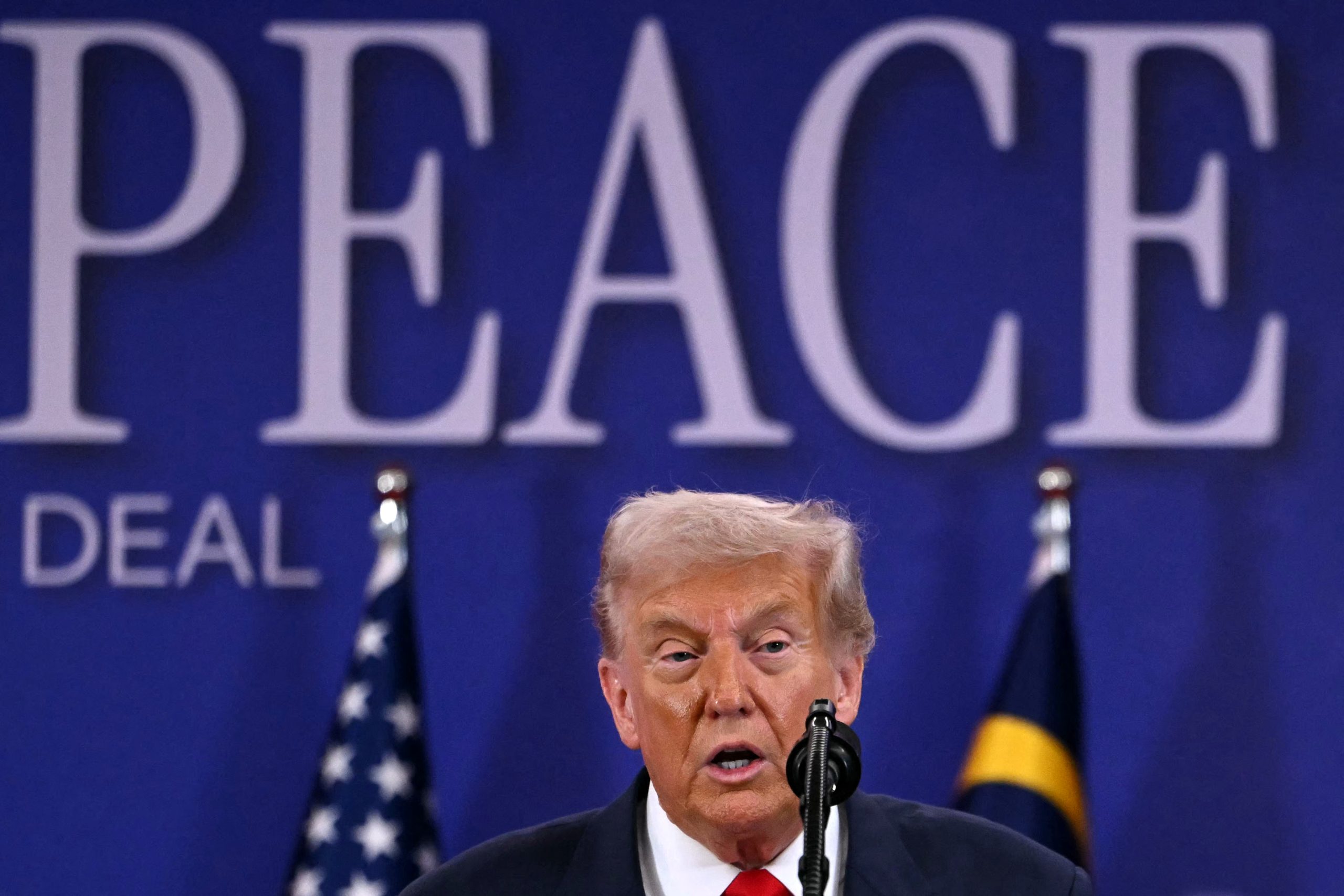Trump’s Ceasefire Claim: Reality Behind the “Ended Wars”
President Trump recently presided over a ceasefire agreement signing between Thailand and Cambodia, using the opportunity to tout his administration’s success in ending “eight wars.” But how much substance lies behind these claims? While the ceremony made for a visually compelling moment during a summit of Southeast Asian leaders, a closer examination reveals a more nuanced reality regarding the true impact and scope of this particular agreement, and Trump’s broader claims.
A Ceremony with a Backstory: Thailand and Cambodia
The agreement signed in Malaysia wasn’t a new breakthrough. Thailand and Cambodia had already agreed to a ceasefire months prior, in July, following a brief but tense five-day skirmish rooted in a long-standing border dispute. The recent signing was an “enhanced” deal, promising the withdrawal of heavy artillery and the presence of international monitors.
However, the timing and fanfare surrounding the event appear to be driven more by Trump’s insistence than a genuine diplomatic necessity. Reports suggest Trump made the ceremony a condition for his attendance at the summit, raising questions about the true motivations behind the event.
Beyond the Ceremony: Examining Trump’s “Ended Wars” Claim
The Thailand-Cambodia ceasefire raises a broader question: Has the Trump administration truly “ended” eight wars? Such statements often lack specific details and can be misleading. While the administration has engaged in diplomatic efforts and negotiated agreements, the term “ended war” implies a comprehensive resolution of underlying conflicts, which is often far from the case.
Ceasefires, while positive steps, are often fragile and don’t necessarily address the root causes of conflict. Furthermore, the United States was not directly involved in the Thailand-Cambodia conflict, making Trump’s claim of ending it questionable. It’s crucial to scrutinize such pronouncements and assess their actual impact on long-term stability and peace.
A Matter of Semantics and Perception
Ultimately, Trump’s claim about ending wars is likely a matter of semantics and political messaging. While the administration may point to specific agreements and diplomatic engagements, it’s important to differentiate between managing conflicts and achieving lasting peace. The complexities of international relations often defy simple narratives, and a critical, informed perspective is essential when evaluating claims of this nature. The reality is that achieving true and lasting peace requires sustained commitment, addressing underlying issues, and fostering genuine reconciliation – far beyond the optics of a ceasefire signing ceremony.
Based on materials: Vox





